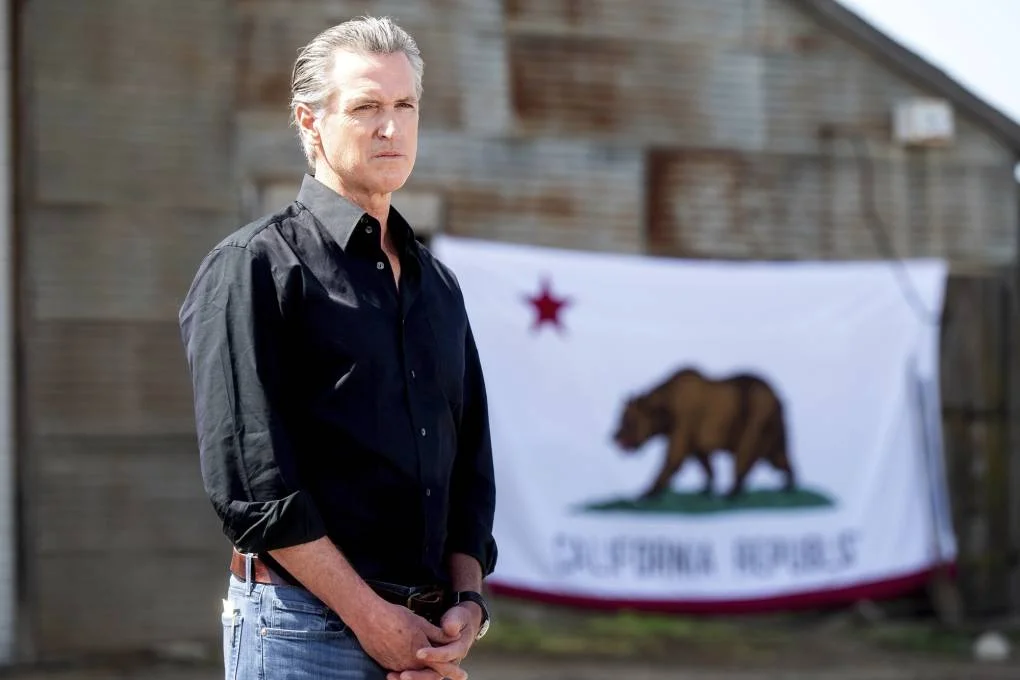
Could California’s Budget Woes Spell Trouble for the Nation’s Economy?
In a stunning revelation that underscores the fragility of state finances amid national uncertainties, California Governor Gavin Newsom has outlined a $12 billion budget deficit, threatening key social programs and sparking widespread debate. As the nation's most populous state grapples with economic headwinds, this development raises questions about the broader implications for U.S. fiscal health and policy priorities.
At the heart of Newsom's proposal is a plan to freeze enrollment in Medi-Cal, California's Medicaid program, for immigrants without legal status starting in 2026. This move aims to save $5.4 billion by 2028-2029, amidst rising costs that have exceeded expectations by $2.7 billion. Newsom, a Democrat, attributes the deficit to external factors like federal tariff policies under President Donald Trump, which he claims could slash state revenues by $16 billion. "California is under assault," Newsom declared during his budget presentation, highlighting the state's vulnerability due to its reliance on capital gains taxes and trade volumes.

Analysis shows this deficit marks the third consecutive year of shortfalls, driven by higher Medicaid spending, pharmacy costs, and a volatile stock market. While Newsom defends California's progressive stance on immigration—insisting no state does more—he faces backlash from advocates like Masih Fouladi of the California Immigrant Policy Center, who argue the freeze contradicts the state's values. "The proposal just doesn’t match with our values as a state," Fouladi stated, pointing to potential loss of coverage for hundreds of thousands.
Comparatively, Newsom's plan includes other cost-saving measures, such as imposing a $100 monthly premium for certain Medi-Cal enrollees starting in 2027 and cutting coverage for weight loss drugs to save an additional $680 million by 2029. On the environmental front, he's proposing to extend the cap-and-trade program through 2045, redirecting $1.5 billion to wildfire response—linking climate change directly to fiscal strategy. This balanced approach pits liberal priorities against budgetary realities, especially as Newsom eyes future political moves, including a possible presidential run.

Ultimately, this budget crisis reflects deeper tensions between economic stability and social commitments, with potential federal cuts to Medicaid looming as an additional threat. California, providing free health care to over a third of its 39 million residents, now navigates a delicate balance amid national political shifts.
In conclusion, Newsom's proposals highlight the challenges of maintaining progressive policies in tough economic times. What does this mean for immigrants and the state's future? Will these measures hold up under scrutiny? We invite readers to share their thoughts in the comments below and discuss how this could influence national debates on health care and immigration.